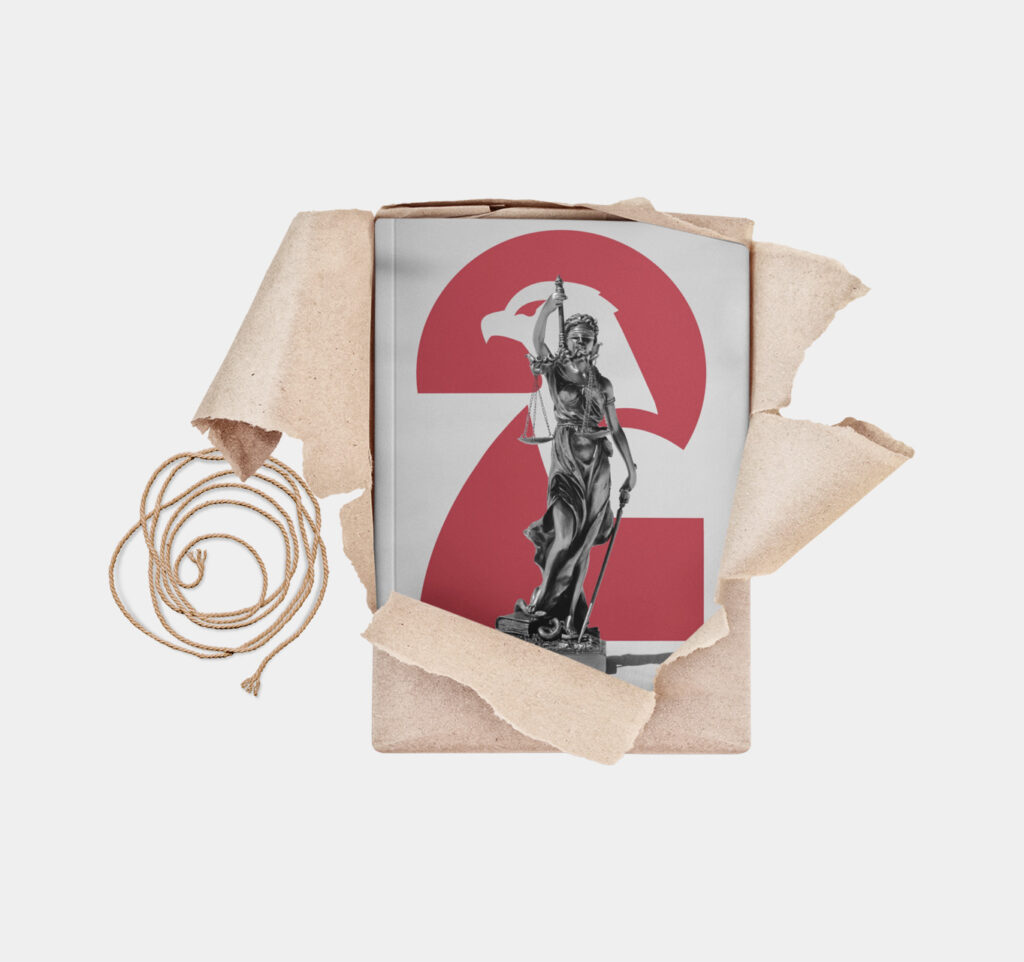BELLEVUE, WA – A federal appeals court has struck down a New York state law requiring private property owners to post signs allowing concealed carry on property open to the public as part of a massive decision dealing with several separate challenges of the Empire State’s post-Bruen gun control legislation.
The Second Amendment Foundation was involved in two of the four cases decided by the court in its 261-page ruling. They are known as Hardaway v. Chiumento and Christian v. Chiumento. The cases were before the U.S. Second Circuit Court of Appeals.
The Christian case challenged the signage requirement. The court noted that the regulated conduct—carrying a firearm for personal protection on private property—“falls within the Second Amendment right to carry.” Thus, the requirement to post signs allowing carry on private property open to the public was struck down. The restriction carried with it a criminal penalty of up to four years imprisonment and was graded as a Class E felony – which would strip the individual of their right to keep and bear arms in perpetuity.
The Hardaway case challenged a tenet of the law prohibiting carry in places of worship. The complaint became moot when the legislature changed the law after SAF sued to allow people such as plaintiff Jimmie Hardaway to carry in his church. In both cases, SAF was joined by the Firearms Policy Coalition.
There was another major win for gun rights in the lengthy decision, in a case not involving SAF. The court struck down a requirement to allow government access to private social media accounts in order to apply for a carry license.
“Our challenges were narrowly constructed, allowing us to win a small but significant victory in the Christian case,” noted SAF Executive Director Adam Kraut. “Because the legislature changed the law after our lawsuit was filed in the Hardaway case, we consider that a victory as well.”
“These are just two more examples of SAF carrying out its mission to win firearms freedom, one lawsuit at a time,” said SAF founder and Executive Vice President Alan M. Gottlieb.


